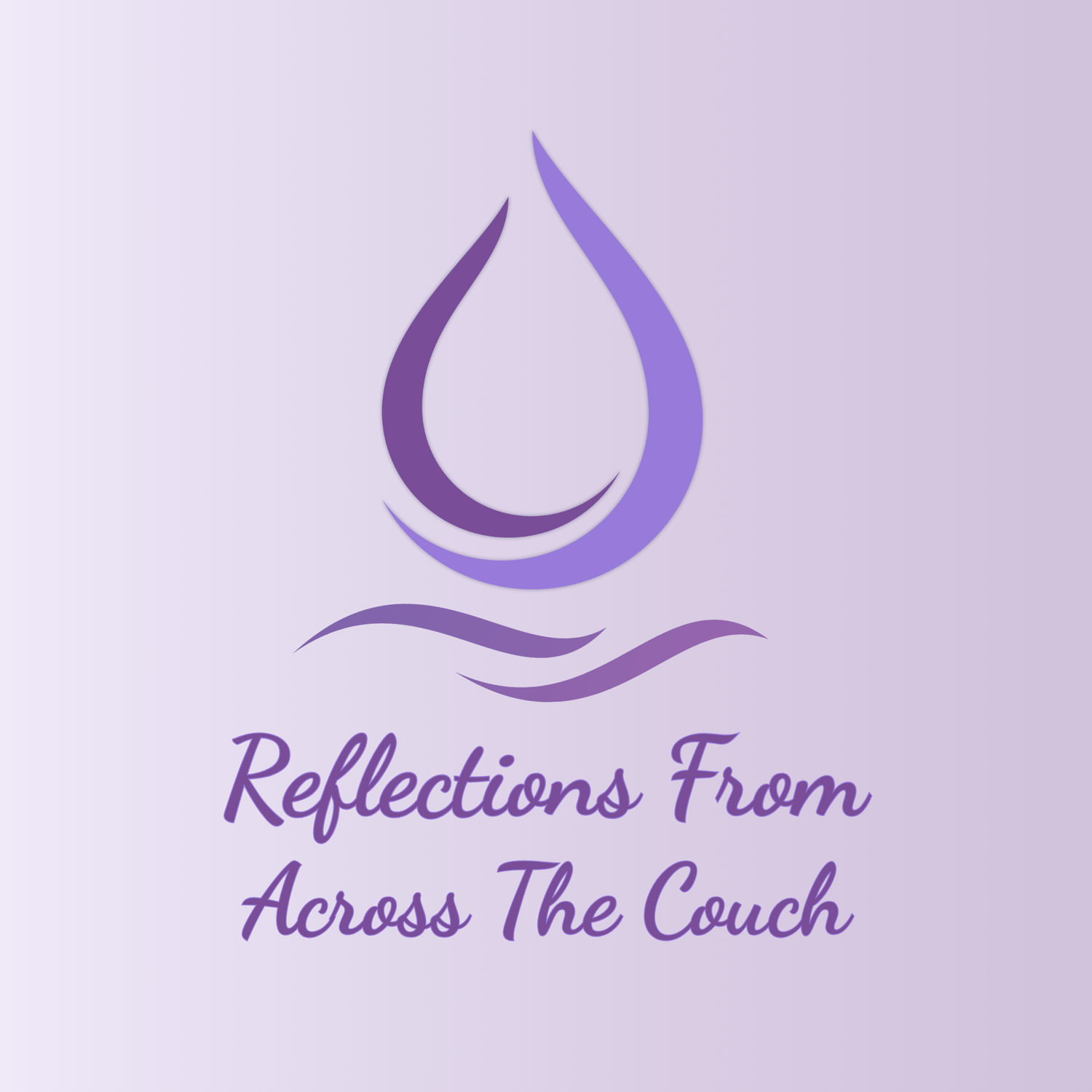Why You Keep Loving Too Much And How to Start Healing
Meta Description: Do you love too much? Learn how unresolved childhood wounds, trauma reenactment, and emotional caretaking fuel unhealthy relationship patterns—and the steps you can take to break free.
What It Means to “Love Too Much”
Have you ever found yourself clinging to a relationship that’s clearly not working—hoping things will change if you just try harder, give more, or love them the “right” way? That intense pull toward unavailable or inconsistent partners isn’t random—it’s often rooted in early emotional wounds.
Women who “love too much” tend to:
Mistake intensity, drama, or anxiety for connection
Feel addicted to partners who mirror childhood emotional pain
Tie their worth to how much they can give or endure
Struggle to feel whole without being in a relationship
This isn’t about being needy or weak. It’s about survival strategies you learned early on—and now it’s time to unlearn them.
4 Signs You’re Stuck in the Cycle of Loving Too Much
Anxiety
You constantly worry if they’re losing interest or pulling away. You overanalyze texts and crave reassurance—because underneath it all is a fear of abandonment.Emotional Obsession
You can’t stop thinking about the relationship. You’re replaying arguments, checking social media, or ruminating on how to “fix” it. The emotional rollercoaster becomes addictive.Self-Abandonment
You silence your needs to keep the peace. You over-function. You shrink to fit their comfort. And eventually, you feel resentful, exhausted—and still unloved.Staying Despite the Pain
You minimize red flags or mistreatment because the thought of being alone feels unbearable. You hope they’ll change. You keep trying, even when it’s costing your self-worth.
Where This Pattern Comes From: Unresolved Childhood Wounds
Many women who love too much were raised in emotionally unstable homes. Maybe love was inconsistent. Maybe you felt responsible for your parent’s well-being. Maybe you had to earn love through helpfulness, caretaking, or perfection.
As a result, you learned:
That love = being needed
That safety = control or self-sacrifice
That you must prove your worth to be loved
These lessons follow you into adulthood—until you consciously interrupt the cycle.
Key Themes That Keep the Cycle Going
Trauma Reenactment in Romantic Relationships
You’re drawn to people who recreate childhood chaos—because your nervous system recognizes the pattern, even when it’s painful.Emotional Enmeshment and Caretaking
You may confuse love with over-functioning. You’re not just being “helpful”—you’re trying to stay safe by staying indispensable.Discomfort with Emotional Safety
Healthy relationships might feel boring or anxiety-provoking. That’s not because they’re wrong—it’s because “safe” is unfamiliar.Lack of Identity Outside the Relationship
If you don’t know who you are outside of love, it’s hard to walk away—even from something unhealthy.The Grief of Letting Go
Letting go isn’t just about the person. It’s about releasing the fantasy that you can love someone into becoming who you need them to be.
The First Steps Toward Healing
You don’t have to stay in survival mode. You don’t have to keep loving from pain. Here are a few steps to start healing:
Build awareness of your patterns—without shame.
Reconnect to your own emotional needs and values.
Practice emotional detachment—without guilt.
Learn to tolerate the discomfort of healthy love.
Create boundaries that honor your emotional safety.
Reflection Prompts to Help You Break the Cycle
Journaling is a powerful tool for healing. Start here:
What are the common emotional themes I notice in my relationships?
What did love feel like in my family growing up?
Where do I abandon myself to keep others close?
What does emotionally safe love look like—and do I believe I deserve it?
Final Thoughts: You’re Not Too Much—You’re Becoming More Aware
Loving too much doesn’t mean you’re broken—it means you’ve been doing what you had to do to feel safe and connected. But now you’re ready for something different. Something grounded. Something that doesn’t require you to lose yourself.
You’re not meant to earn love. You’re meant to receive it—freely, safely, and without self-sacrifice.
Want more support breaking this cycle? Download my free “Healing From Relationship Patterns” journal guide with powerful prompts to help you reconnect with your worth and rebuild emotional clarity.

